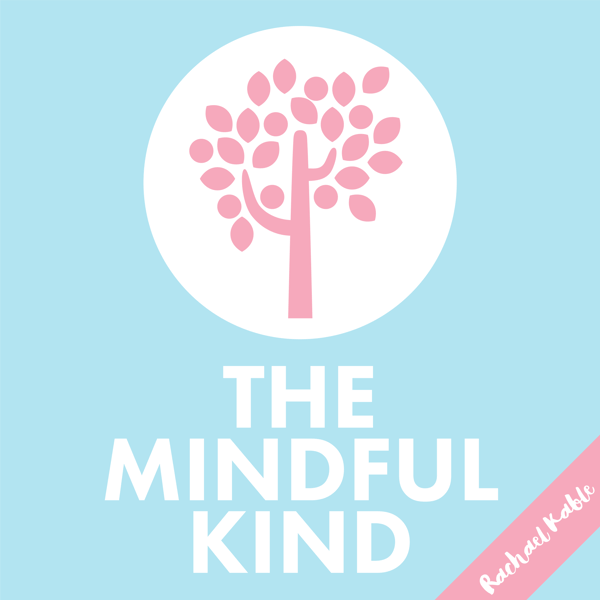182 // Cognitive Distortions (Part One)
The Mindful Kind
Rachael Kable
4.6 • 636 Ratings
🗓️ 27 June 2019
⏱️ 13 minutes
🧾️ Download transcript
Summary
Hello and welcome to episode 182 of The Mindful Kind podcast.
In this episode, I'm really excited to chat about cognitive distortions, including what they actually are, where the concept came from and some examples of different types of cognitive distortions.
Here are the 5 types of cognitive distortions shared in this episode:
- All-or-nothing thinking
- Overgeneralisation
- Mental filter
- Disqualifying the positive
- Jumping to conclusions (mind reading and fortune telling)
Here are some great references and links for further reading:
TED talk by Dr David Burns: https://www.youtube.com/watch?v=H1T5uMeYv9Q
10 Cognitive Distortions Identified in CBT: https://www.verywellmind.com/ten-cognitive-distortions-identified-in-cbt-22412
Cognitive Behavioural Therapy: https://www.simplypsychology.org/cognitive-therapy.html
Be sure to tune in next week for Part Two of this episode!
Thank you so much for listening and I hope you have a wonderful week, Mindful Kind.
Transcript
Click on a timestamp to play from that location
| 0:00.0 | Hello everybody and welcome to the mindful kind. |
| 0:07.5 | I'm your host, Rachel Cable, and I'm here to share insights into my mindfulness journey |
| 0:12.3 | and inspire you to create your own. |
| 0:14.9 | Each week, this podcast will bring fresh and exciting news about mindfulness, |
| 0:19.7 | from my personal experiences to useful tools and different |
| 0:23.6 | mindful techniques. |
| 0:32.1 | Hello and welcome to episode 182 of the mindful kind podcast. |
| 0:37.3 | On episode 180 of the mindful Kind about how to turn a bad |
| 0:41.4 | day around, I mentioned cognitive distortions and I thought this would be a great topic to explore |
| 0:46.5 | a little deeper. So on this episode, I thought I would share 15 common cognitive distortions, |
| 0:52.5 | which are basically errors in thinking, so you can |
| 0:56.1 | understand how your own mind could be changing your perceptions of reality. |
| 1:01.4 | Now, first things first, I want to let you know that cognitive distortions are totally normal. |
| 1:07.1 | Our brains are designed to find simple solutions quickly, which means they rely on a lot of shortcuts. |
| 1:14.6 | We need our minds to work quickly in many different situations and to process a lot of information. |
| 1:21.6 | It's expected that a few errors would occur along the way. |
| 1:25.6 | Sometimes we might believe those errors to be true and they become |
| 1:29.7 | part of our thought patterns. There isn't anything wrong with you for having cognitive distortions. |
| 1:36.3 | However, sometimes those thoughts might be particularly unhelpful. You might assume something incorrectly |
| 1:42.4 | or self-sabotage yourself or be closed-minded or even |
| 1:47.4 | experience more stress, anxiety or depression as a result of cognitive distortions. |
| 1:53.4 | Before I share some examples of cognitive distortions, let's take a look at how the concept |
... |
Please login to see the full transcript.
Disclaimer: The podcast and artwork embedded on this page are from Rachael Kable, and are the property of its owner and not affiliated with or endorsed by Tapesearch.
Generated transcripts are the property of Rachael Kable and are distributed freely under the Fair Use doctrine. Transcripts generated by Tapesearch are not guaranteed to be accurate.
Copyright © Tapesearch 2025.

